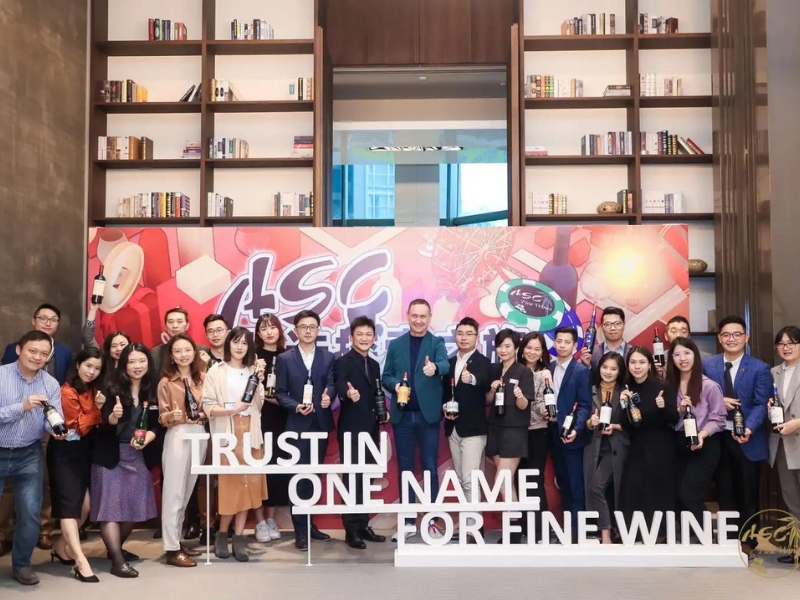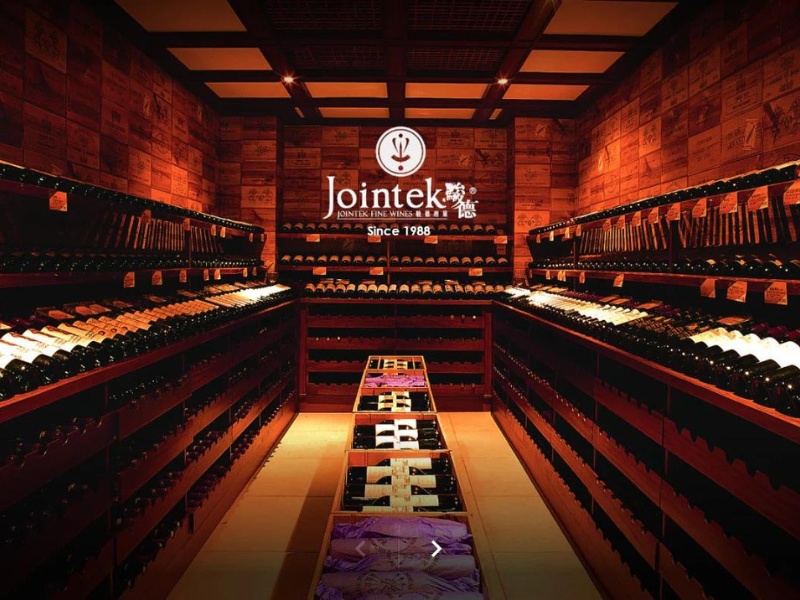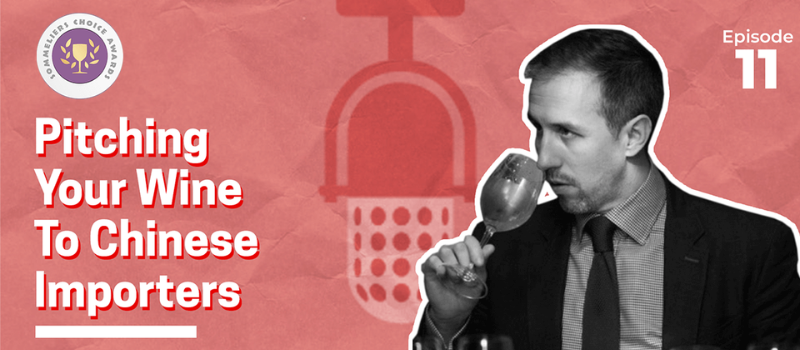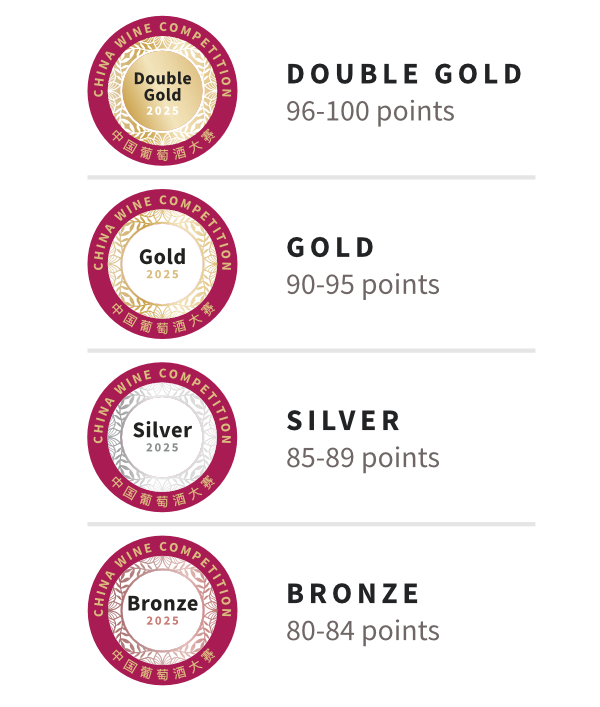November 10 , 2026, Hong Kong

Explore China’s top wine importers and learn how partnering with them can help you tap into the country’s thriving wine market.
China's wine market is one of the fastest-growing in the world, making it a lucrative destination for international wine brands. According to data from the OEC, China imported $1.4 billion worth of wine in 2022, making it the 8th largest wine importer in the world. This impressive figure underscores the country's growing appetite for wine, fueled by an expanding middle class and a burgeoning interest in fine wines. In June 2024, China’s wine imports reached $204 million, highlighting the continuous demand despite economic fluctuations. The market's diversity, with a growing preference for both red and sparkling wines, reflects the evolving tastes of Chinese consumers. However, penetrating the Chinese wine market requires more than just having a good product, it demands strategic partnerships with local importers who have an in-depth understanding of the market dynamics. This article highlights leading wine importers in China, offering insights into their influence in the industry and providing tips for overseas wineries on how to effectively pitch to these key players by understanding market preferences, building relationships, and crafting strategic pricing.

Source: Vino Joy News
ASC Fine Wines is one of the most established wine importers in China, boasting a vast portfolio that includes over 1,200 wines from 16 countries. Founded in 1996, ASC has become synonymous with luxury wines, catering primarily to high-end consumers. With offices in major cities like Beijing, Shanghai, and Hong Kong, ASC Fine Wines has an extensive distribution network, ensuring that premium wines reach China's opulent market. The company’s collaboration with top-tier hotels, restaurants, and retail outlets further cements its status as a leader in the industry.
Torres China, established in 1997, is a subsidiary of the renowned Spanish wine producer Bodegas Torres. The company has a diverse portfolio that includes wines from Spain, Chile, and China. Torres China is known for its strong focus on education and culture, offering wine training programs and organizing events to promote wine culture in China. The company's commitment to sustainability and innovation has also positioned it as a forward-thinking importer, appealing to environmentally conscious consumers.
Summergate Fine Wines & Spirits is another major player in the Chinese wine market. Founded in 1999, the company offers an impressive selection of wines from around the world, including well-known brands from Australia, New Zealand, and Europe. Summergate is highly regarded for its robust distribution network and its focus on building long-term relationships with international wine producers. The company’s expertise in navigating China's complex market makes it a valuable partner for brands looking to establish a foothold in the country.

Source: Summergate
COFCO Wine & Wine is a subsidiary of the China National Cereals, Oils, and Foodstuffs Corporation, one of China's largest state-owned enterprises. COFCO Wine & Wine specializes in importing and distributing a wide range of wines, from affordable options to premium selections. The company leverages its vast resources and extensive network to distribute wines across China, reaching even the most remote areas. COFCO's strong presence in the market and its government backing make it a formidable player in the wine importation sector.
Founded in 1996, Aussino World Wines is a prominent wine importer in China, particularly known for its specialization in Australian wines. The company has established itself as a leading provider of premium wines, with a portfolio that includes over 300 wineries. Aussino's extensive retail network, which includes over 100 wine shops across China, has been instrumental in promoting Australian wines to Chinese consumers. The company’s focus on wine education and customer experience has helped it build a loyal customer base.
East Meets West Fine Wines (EMW) is an influential importer that has been operating in China since 2003. The company represents a diverse range of boutique wineries from Europe, the Americas, and Australasia. EMW is known for its commitment to quality and its selective portfolio, which appeals to discerning wine consumers. The company has a strong distribution network in major Chinese cities and is a preferred partner for boutique hotels, high-end restaurants, and luxury retailers.

Source: Jointek
Jointek Fine Wines, based in Hong Kong, is a distinguished wine importer and distributor with a focus on premium and boutique wines. The company prides itself on its carefully curated portfolio, featuring wines from top vineyards across Europe and the New World. Jointek’s expertise in wine selection and strong market presence make it a key player in the region.
Pudao Wines, established in 2009, has quickly become a favorite among wine enthusiasts in China. The company operates retail stores in Beijing and Shanghai, offering a curated selection of wines from around the world. Pudao Wines is particularly known for its expertise in fine wines and its focus on customer education. The company's modern retail concept, combined with its commitment to quality, has made it a popular destination for both novice and seasoned wine drinkers.
Ruby Red Fine Wines is a boutique wine importer that has carved out a niche in the Chinese market by focusing on premium and rare wines. Founded in 2007, the company has a small but carefully curated portfolio that includes wines from renowned producers in Europe and the Americas. Ruby Red Fine Wines is known for its personalized service and its ability to source unique wines that are not widely available in China. The company's focus on exclusivity and quality has attracted a loyal clientele of wine collectors and connoisseurs.
Jebsen Wines and Spirits has been a key player in the Chinese wine market since the early 1990s. The company is part of the Jebsen Group, a Hong Kong-based enterprise with deep roots in China. Jebsen Wines and Spirits offers an extensive portfolio that includes some of the world's most prestigious wine brands. The company's strong distribution network, combined with its expertise in marketing and brand building, has helped it maintain a leading position in the competitive Chinese market.

Source: Sommeliers Choice Awards
Key Considerations for Pitching to Chinese Importers:
Here are essential tips for entering the Chinese wine market and pitching to importers, based on insights from a podcast on The Wine Whiskey Weed Show featuring our CEO, Sid Patel and Maxime Gibrat, a leading wine merchant in Shanghai. They discuss strategies for establishing a successful presence in China’s growing wine sector.
Understand the Market: China’s wine market is diverse, with varying preferences across different regions. Brands need to tailor their offerings to meet local tastes, which often favor red wines and increasingly sparkling varieties.
1. Cultural Sensitivity: It’s crucial to understand and respect Chinese business culture. Building relationships and trust is often more important than immediate business outcomes.
2. Rarity and Exclusivity: Wines that are rare or have limited production are easier to sell in China. High-end buyers prefer boutique, prestigious labels.
3. Market Presence: Physical presence in China is crucial. Attend trade fairs like ProWine and make connections with importers.
4. Pricing Strategy: Chinese consumers link higher prices with quality. A strategic, well-positioned pricing approach is crucial.
5. Digital Presence: Establish a strong digital footprint, including a Chinese-language website. Digital marketing, particularly through platforms like WeChat, is essential.
6. Label and Packaging: Visual appeal is critical in China. A well-designed label and packaging can significantly impact sales.
7. Long-Term Commitment: The Chinese market requires patience and consistent effort. It's a long-term investment, but the potential is vast.
The Chinese wine market offers immense potential for international brands, but success requires strategic partnerships with experienced importers. The importers represent the best in the business, each offering unique strengths and market insights. By understanding the market dynamics and aligning with the right partners, international wine brands can tap into China’s growing demand for quality wines and establish a strong presence in this dynamic market. As the market continues to evolve, staying informed about consumer trends and maintaining strong relationships with importers will be key to long-term success in China.
Header Image Source: South China Morning Post
The 2025 China Competitions results are now live. View 2025 winners.
Key Dates
Super Early Bird Deadline: May 20, 2026
Early Bird Deadline: July 31, 2026
Regular Deadline: October 14, 2026
Warehouse Deadline: October 22, 2026
Judging Date: November 10, 2026
Winners Announcement: November 24, 2026



